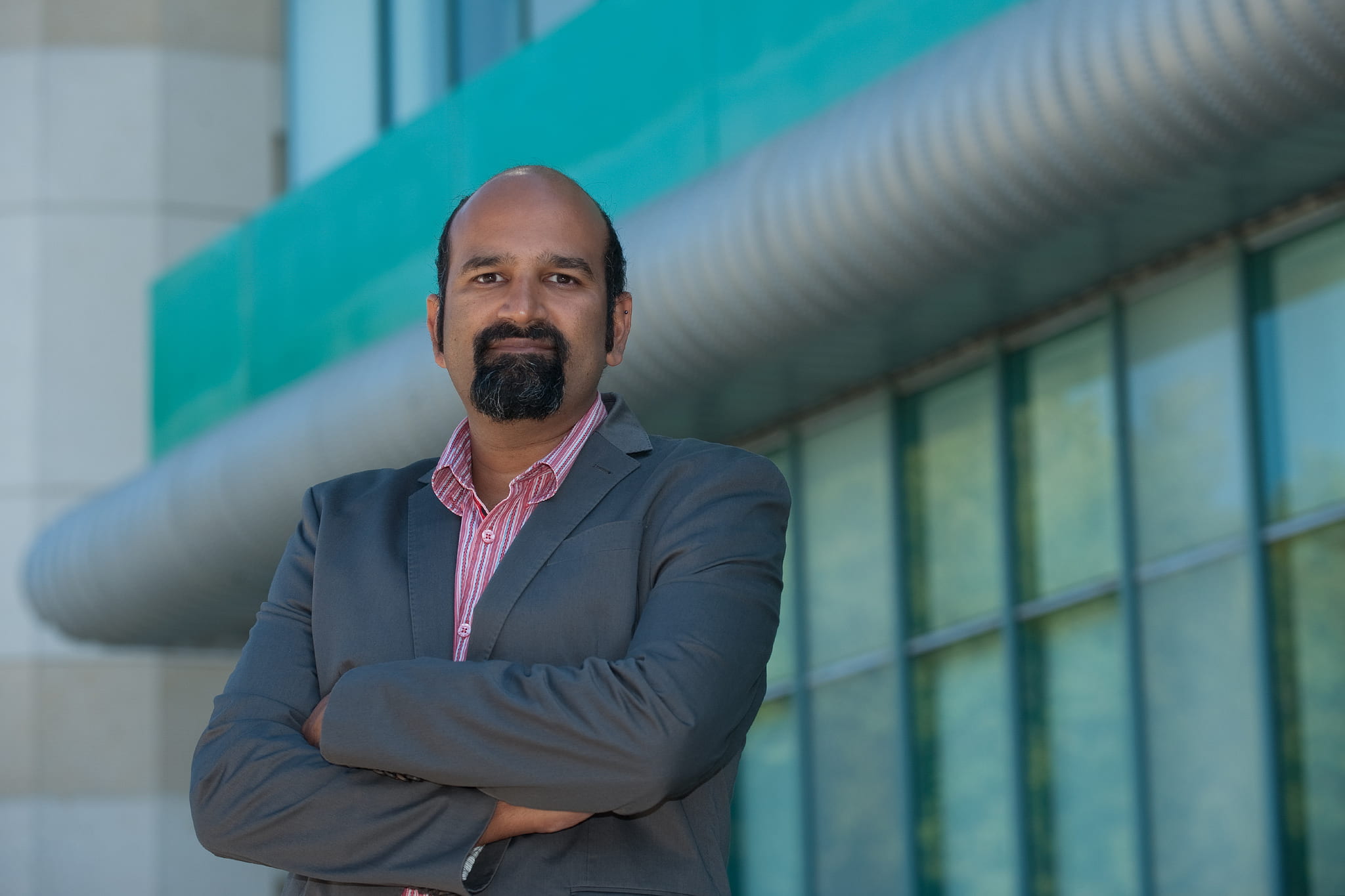UCI neurobiologists restore youthful vigor to adult brains
They say you can’t teach an old dog new tricks. The same can be said of the adult brain. Its connections are hard to change, while in children, novel experiences rapidly mold new connections during critical periods of brain development.

Irvine, Calif., May 18, 2015 — They say you can’t teach an old dog new tricks. The same can be said of the adult brain. Its connections are hard to change, while in children, novel experiences rapidly mold new connections during critical periods of brain development.
UC Irvine neurobiologist Sunil Gandhi and colleagues wanted to know whether the flexibility of the juvenile brain could be restored to the adult brain. Apparently, it can: They’ve successfully re-created a critical juvenile period in the brains of adult mice. In other words, the researchers have reactivated brain plasticity – the rapid and robust changes in neural pathways and synapses as a result of learning and experience.
And in doing so, they’ve cleared a trail for further study that may lead to new treatments for developmental brain disorders such as autism and schizophrenia. Results of their study appear online in Neuron.
The scientists achieved this by transplanting a certain type of embryonic neuron into the brains of adult mice. The transplanted neurons express GABA, a chief inhibitory neurotransmitter that aids in motor control, vision and many other cortical functions.
Much like older muscles lose their youthful flexibility, older brains lose plasticity. But in the Gandhi study, the transplanted GABA neurons created a new period of heightened plasticity that allowed for vigorous rewiring of the adult brain. In a sense, old brain processes became young again.
In early life, normal visual experience is crucial to properly wire connections in the visual system. Impaired vision during this time leads to a long-lasting visual deficit called amblyopia. In an attempt to restore normal sight, the researchers transplanted GABA neurons into the visual cortex of adult amblyopic mice.
“Several weeks after transplantation, when the donor animal’s visual system would be going through its critical period, the amblyopic mice started to see with normal visual acuity,” said Melissa Davis, a postdoctoral fellow and lead author of the study.
These results raise hopes that GABA neuron transplantation might have future clinical applications. This line of research is also likely to shed light on the basic brain mechanisms that create critical periods.
“These experiments make clear that developmental mechanisms located within these GABA cells control the timing of the critical period,” said Gandhi, an assistant professor of neurobiology & behavior.
He added that the findings point to the use of GABA cell transplantation to enhance retraining of the adult brain after injury. Furthermore, this work sparks new questions as to how these transplanted GABA neurons reactivate plasticity, the answers to which might lead to therapies for currently incurable brain disorders.
Dario Figueroa Velez, Roblen Guevarra, Michael Yang, Mariyam Habeeb and Mathew Carathedathu of UCI contributed to the study, which was supported by a National Institutes of Health Director’s New Innovator Award (DP2 EY024504-01), a Searle Scholars award, a Klingenstein Fellowship and a postdoctoral training grant from the California Institute for Regenerative Medicine (TG2-01152).
About the University of California, Irvine: Currently celebrating its 50th anniversary, UCI is the youngest member of the prestigious Association of American Universities. The campus has produced three Nobel laureates and is known for its academic achievement, premier research, innovation and anteater mascot. Led by Chancellor Howard Gillman, UCI has more than 30,000 students and offers 192 degree programs. It’s located in one of the world’s safest and most economically vibrant communities and is Orange County’s second-largest employer, contributing $4.8 billion annually to the local economy. For more on UCI, visit www.uci.edu.
Media access: Radio programs/stations may, for a fee, use an on-campus ISDN line to interview UC Irvine faculty and experts, subject to availability and university approval. For more UC Irvine news, visit wp.communications.uci.edu. Additional resources for journalists may be found at communications.uci.edu/for-journalists.